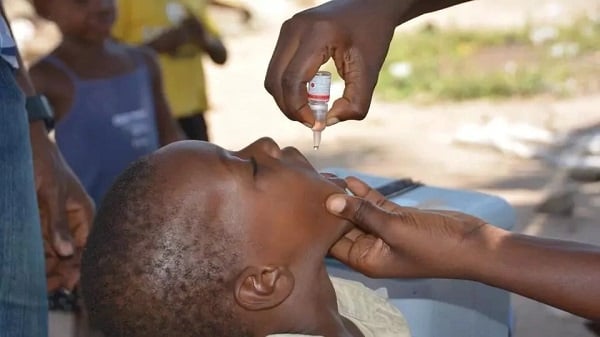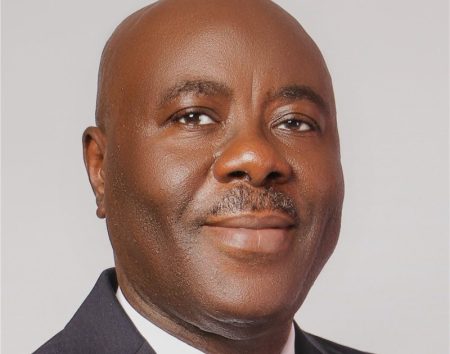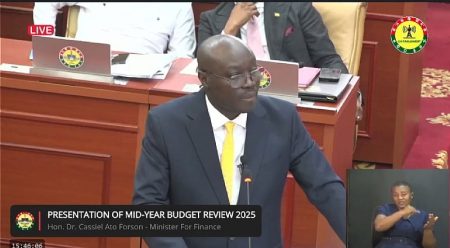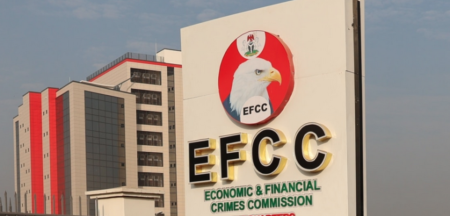Ghana’s recent full payment of its USD 24.5 million co-financing obligation for vaccines to UNICEF signifies a remarkable reaffirmation of the nation’s commitment to child health and the strengthening of its national immunization program. This achievement, following a period of economic hardship and fiscal constraints in the wake of the COVID-19 pandemic, underscores the government’s prioritization of preventive healthcare and its dedication to protecting future generations from vaccine-preventable diseases. The timely payment not only averts potential vaccine shortages and ensures the continuity of vital immunization programs but also reinforces Ghana’s journey towards self-reliance in financing its healthcare system. This achievement marks a critical step towards realizing the nation’s health goals and sets a positive precedent for other countries facing similar challenges.
The significance of Ghana’s full payment extends beyond its immediate impact on vaccine availability. It represents a crucial investment in human capital, contributing to a healthier and more productive populace. Immunization programs are a cornerstone of public health, offering one of the highest returns on investment by preventing disease and reducing the burden on healthcare systems. By fulfilling its financial commitment, Ghana reinforces its dedication to the well-being of its children and demonstrates a clear understanding of the long-term benefits of preventive healthcare. This proactive approach not only protects individual children but also strengthens the overall health system, contributing to a more resilient and prosperous nation.
Ghana’s journey towards achieving this milestone was not without its challenges. The global economic fallout from the COVID-19 pandemic placed significant strain on national budgets worldwide, including Ghana’s. Coupled with rising co-financing requirements linked to the country’s transition from Gavi, the Vaccine Alliance, support, these financial pressures created hurdles in meeting vaccine financing obligations. The successful remittance of the full co-financing amount, therefore, signifies a remarkable turnaround, demonstrating the government’s resolve to overcome economic adversity and prioritize the health of its citizens. This achievement serves as a testament to Ghana’s commitment to long-term health planning and its ability to navigate complex financial landscapes.
The implications of Ghana’s full payment resonate deeply within the broader context of global health. As development aid landscapes shift and countries increasingly transition towards self-financing models for essential health services, Ghana’s experience offers valuable insights and inspiration. The country’s commitment to fulfilling its co-financing obligation, despite economic challenges, serves as a powerful example of how nations can prioritize health amidst competing budgetary demands. This success story reinforces the importance of sustainable domestic financing for immunization programs and encourages other countries to invest in their own health systems, ultimately contributing to a healthier world.
UNICEF’s commendation of Ghana’s achievement further emphasizes the global significance of this milestone. The organization’s recognition highlights the importance of partnerships between governments and international organizations in achieving sustainable health outcomes. UNICEF’s continued support and encouragement of Ghana’s efforts towards strengthening domestic vaccine financing underscores the shared commitment to ensuring equitable access to essential health services for all children. This collaborative approach fosters a sense of global responsibility for health and promotes the development of robust and resilient healthcare systems worldwide.
Looking ahead, Ghana’s focus should remain on strengthening its domestic financing mechanisms for immunization programs to ensure the long-term sustainability of its efforts. This commitment will not only protect future generations from preventable diseases but also contribute to the nation’s overall economic development and prosperity. By continuing to prioritize preventive healthcare and invest in the health of its children, Ghana sets a powerful example for the region and the world, demonstrating that investing in health is an investment in the future. This commitment to health security not only strengthens Ghana’s future but also contributes to a healthier and more secure world.














